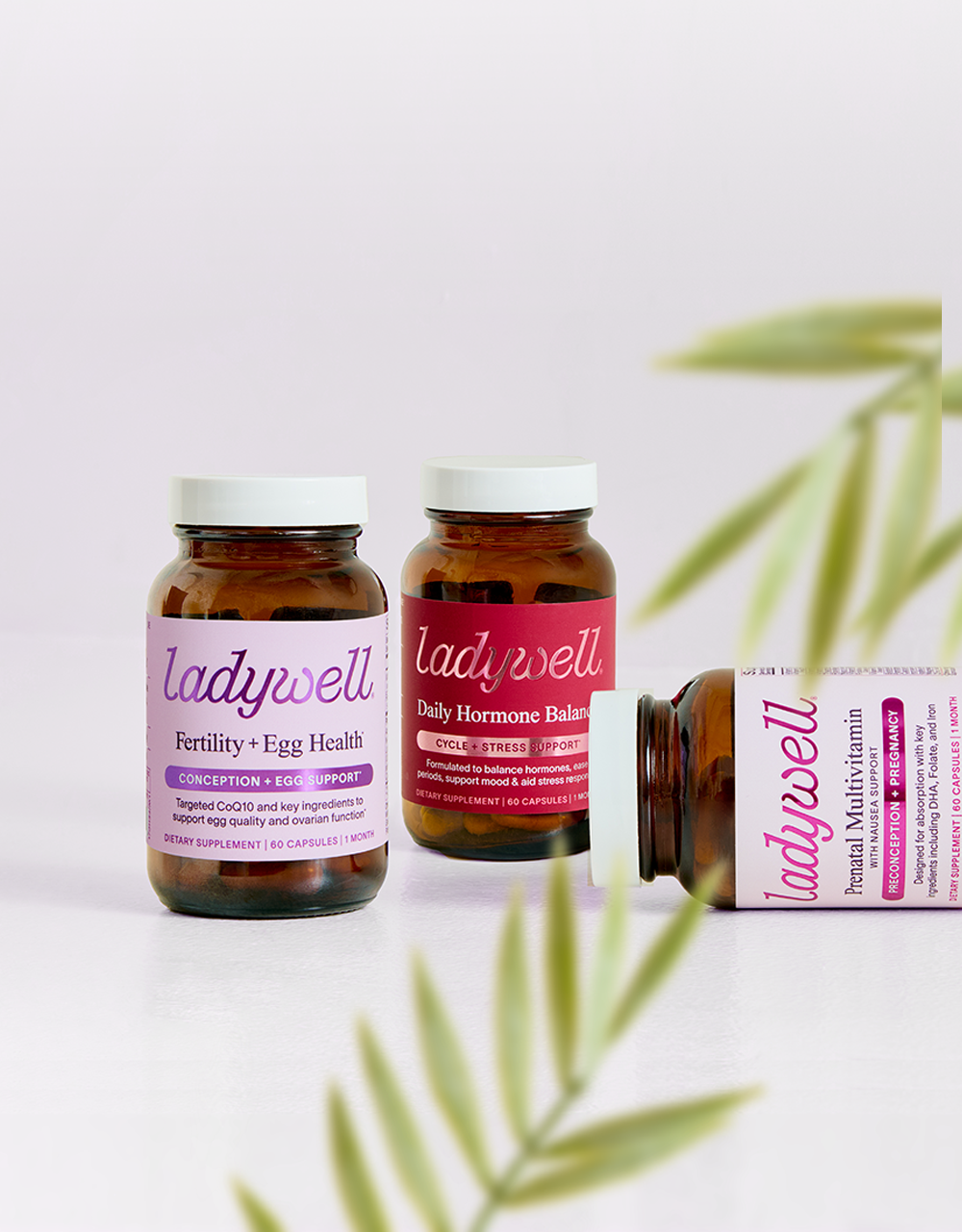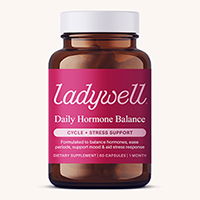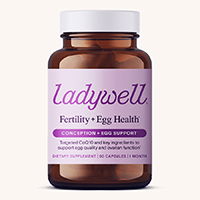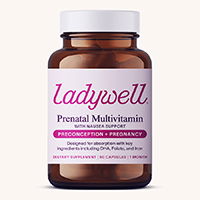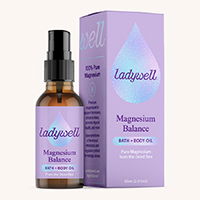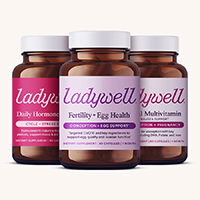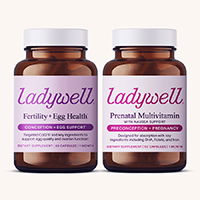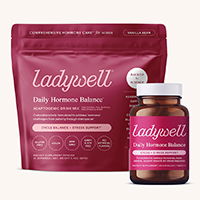Whether you’re actively trying to conceive or had unprotected sex, you might be wondering, “How soon after can I test for pregnancy?” The answer depends largely on your menstrual cycle, but there are several other factors at play. Let’s break it down.
When Can You Get Pregnant During Your Cycle?
Your menstrual cycle is more than just your period; it’s a complex series of phases. On average, a cycle lasts 28-32 days, starting on the first day of your period and ending the day before your next period.
You’re most likely to get pregnant during ovulation, which typically happens around the middle of your cycle. If your cycle is 28 days long, ovulation may occur around day 14. During this time, an egg is released and is viable for fertilization for about 12-24 hours.
Even if you don’t have sex right at ovulation, sperm can survive inside the reproductive tract for up to five days. This extends the window for conception. Keep in mind, though, that stress, illness, and even travel can affect ovulation timing. Paying attention to signs like cervical mucus changes and slight increases in basal body temperature can help you better understand when you’re ovulating.
How Long Does It Take to Get Pregnant After Sex?
Pregnancy doesn’t happen immediately after unprotected sex. It can take up to six days for sperm to fertilize an egg. Once fertilized, the egg then needs to implant in the uterine lining, which takes a few more days. The whole process can take 2-3 weeks from intercourse to pregnancy.
How Soon After Sex Can You Test for Pregnancy?
Experts recommend waiting until the first day of your missed period to take a home pregnancy test, typically two weeks after ovulation or about four weeks into your cycle. Some tests claim to detect the pregnancy hormone hCG up to six days before your missed period, but accuracy improves the longer you wait.
If you’re not ready for pregnancy, emergency contraception can be taken within 72 hours of unprotected sex. Some forms are effective for up to five days but lose effectiveness the longer you wait.
Early Pregnancy Symptoms
Before testing, you might notice early signs of pregnancy that are often similar to PMS symptoms, such as:
- Nausea
- Fatigue
- Frequent urination
- Missed period
- Mood swings
- Swollen or tender breasts
- Unusual cravings or food aversions
If you experience these symptoms but test negative, consult your OB-GYN, as they can also be signs of other conditions.
Tips for Taking a Pregnancy Test
For the most accurate results:
- Take the test in the morning when your urine is more concentrated.
- Avoid drinking too much water, which can dilute hCG levels.
- Check the expiration date on your test.
- Wait until after your missed period to test for the highest accuracy.
How Accurate Are Home Pregnancy Tests?
When used correctly, home pregnancy tests are about 99% accurate after a missed period. However, testing too early or not following instructions can lead to false negatives or positives.
If you’re unsure about your results, wait a week and retest. If you still suspect pregnancy, a blood test with your OB-GYN can provide more definitive results.
Pregnancy Tests and Birth Control
If you’re on birth control and suspect pregnancy, a test will still work. Birth control doesn’t affect hCG levels, which are what pregnancy tests detect. If the test is positive, contact your OB-GYN immediately.
False Negatives and False Positives
False negatives can occur if you test too early, drink too much water, or don’t follow the instructions properly. False positives, while rare, can happen but should always be confirmed by a healthcare provider.
Next Steps After a Positive Test
If your test is positive, your first step should be to make an appointment with your healthcare provider. They can guide you through the next stages and help ensure a healthy pregnancy. It’s also essential to start prenatal supplements, which support both your health and your baby’s development.
Set yourself up for a healthy TTC and pregnancy journey with Ladywell Fertility Supplements.
Disclaimer
The information provided in this blog is for educational purposes only and is not intended as a substitute for professional medical advice. Always consult a qualified healthcare provider before making any changes to your health regimen, especially if you are pregnant, nursing, or taking any medications.




